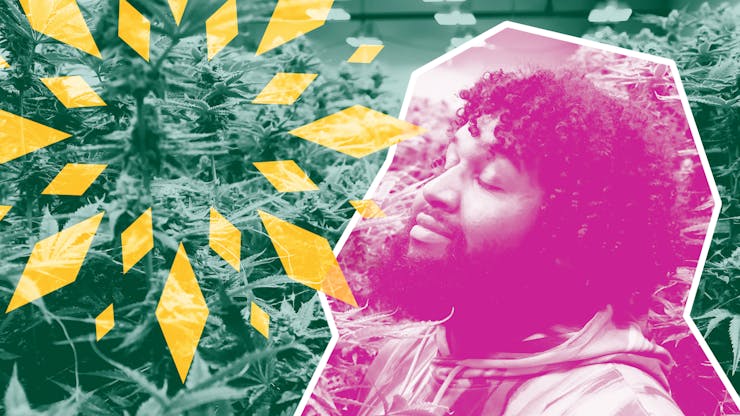A new report published today—Seeds of Change: Strategies to create an equitable cannabis industry—finds a majority of legal adult-use states lack the laws and policies needed to create a fair and equitable cannabis industry.
“Seeds of Change” is a multifaceted exploration of the cannabis industry and social justice. The report introduces the Leafly Equity Score, which assesses the progress of individual states in implementing the policies that create a truly equitable industry.
The 2021 report found Colorado and California leading the nation in implementing equity measures in their state cannabis industries. They were followed closely by Illinois and New York. At the low end of the list were Alaska, Maine, Montana, and South Dakota, which lacked the most basic equity measures such as automatic sentence expungement and licensing equity programs.
The full report can be found here.

Black ownership in cannabis lower than national average
Even though Black people make up 14% of our nation’s population, Leafly’s research found that they only own 2% of cannabis businesses. That disparity is especially glaring in light of data that track black ownership in all industries nationwide. Roughly 1 in 20 Black Americans own business equity in any industry, while only 1 in 50 cannabis companies is Black-owned.
Numbers like that inspired Leafly to dig into the barriers that discourage cannabis business ownership even before entrepreneurs of color fill out a state license application.
Those barriers include the American criminal justice system, the systemic denial of economic opportunity, and substandard healthcare access.

Eight social equity strategies for cannabis legalization
As a continuation of Leafly’s industry-leading research in the 2021 Jobs Report, Seeds of Change digs deep into barriers to equal opportunity within the cannabis industry, and identifies eight strategies that policy makers can implement to help their states achieve greater cannabis equity.
The strategies were conceived after thorough research of the cannabis equity landscape and supported by national statistics and industry testimonials. They include:
- Mandating automatic expungement of cannabis records
- Establishing equitable cannabis licensing systems
- Safeguarding the rights and access of medical patients
- Allowing home growing and regulating it reasonably
- Dedicating cannabis tax revenue to healing, not harm
- Gathering robust data and sharing it widely
- Reducing stigma through proactive programs
- Supporting cannabis career development opportunities
Scoring states on social equity
The Leafly Equity Score takes a closer look at how states are delivering on cannabis social equity. We reviewed what 18 adult-use states and Washington, DC, are doing to achieve equity and how effective it is for their communities, weighted for the impact of each strategy for disenfranchised Americans.
Connecticut, which officially legalized cannabis for all adults earlier this week, adopted its law too late for inclusion in this year’s Seeds of Change report.

Keeping up with cannabis legalization
As states continue to legalize cannabis, equity must be woven into the fabric of legalization laws and policies at the state and federal level.
While policymakers debate what’s right for their state, real people sit in prison, face unfair barriers to jobs and educational opportunities, and suffer thousands of potential negative consequences from laws and policies that may remain in place even after legalization.
Seeds of Change was created to spark a conversation and help the cannabis industry deliver transformative justice to those who need it most.





